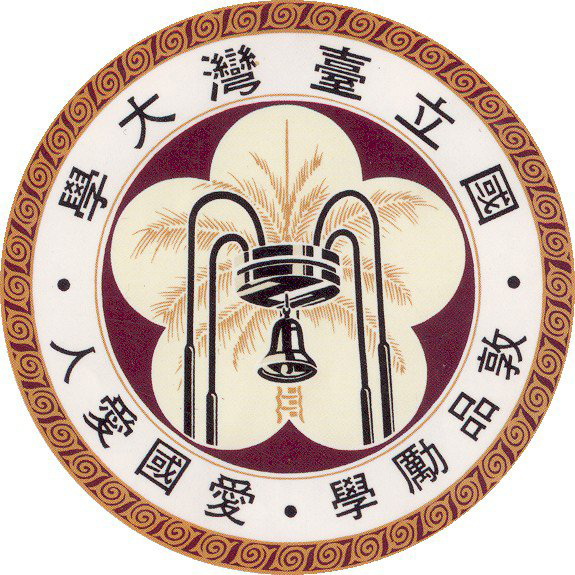 A year from when it first appeared in the panorama of international rankings of universities, the "NTU ranking" is back: it is the ranking formulated by the National Taiwan University which, different to the better-known rankings elaborated by Shanghai, QS and Times Higher Education, concentrates only on the scientific performance of the universities.
A year from when it first appeared in the panorama of international rankings of universities, the "NTU ranking" is back: it is the ranking formulated by the National Taiwan University which, different to the better-known rankings elaborated by Shanghai, QS and Times Higher Education, concentrates only on the scientific performance of the universities.
Among the 500 world universities evaluated by Taiwan in its "Performance Ranking of Scientific Papers for World Universities 2012", the University of Pisa weighs in at the 223rd place worldwide and eighth among the Italian universities considered. The Taiwan ranking is based on bibliometric indicators such as the quantity of scientific papers published, citation indexes or the H index.
A characteristic of the "NTU ranking" is that it classifies the universities by "field" (sector or disciplinary area) and by "subject" (subject area or discipline). According to this classification, the University of Pisa confirms its prestige in the field of Natural Sciences (145th in the world and fourth in Italy after Rome "Sapienza", Padua and Bologna) and Engineering (207th in the world and 7th in Italy, after Milan Polytechnic, Padua, Rome "Sapienza", Bologna, Turin Polytechnic and Naples).
In the single subject areas, Pisa does particularly well in Physics (96th in the world and fourth in Italy after Rome "Sapienza", Padua and Bologna), in Computer Science (127th in the world and third in Italy after Bologna and Rome "Sapienza"), in Mechanical Engineering (104th in the world and fifth in Italy after Milan and Turin Polytechnics, Padua and Rome "Sapienza". The University of Pisa also appears in the ranking "by subject" for Medicine, where it is at the 211th place in the world and 11th in Italy.
The criteria on which the Taiwan classification is based are research productivity (20%), research impact (30%) and excellence of results (50%), with the aim of measuring and recognizing the overall scientific production of the universities examined. The advantage of the Taiwan ranking is that it succeeds in counterbalancing the distortions due for example to universities' varying sizes, number of teachers, their qualifications, number of Nobel prizes winners in the staff, and the like, thus giving space to smaller and younger universities that participate in a meaningful way to scientific progress in the short to medium term.
Go to the ranking at world level
Go to the ranking of Italian universities